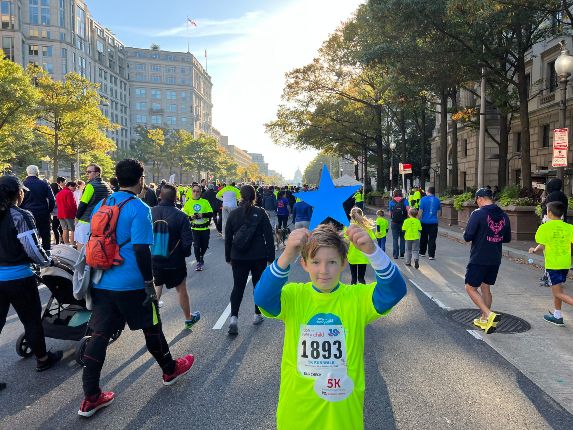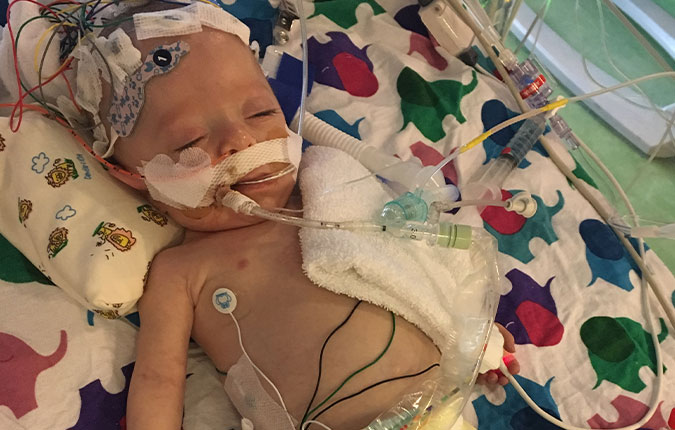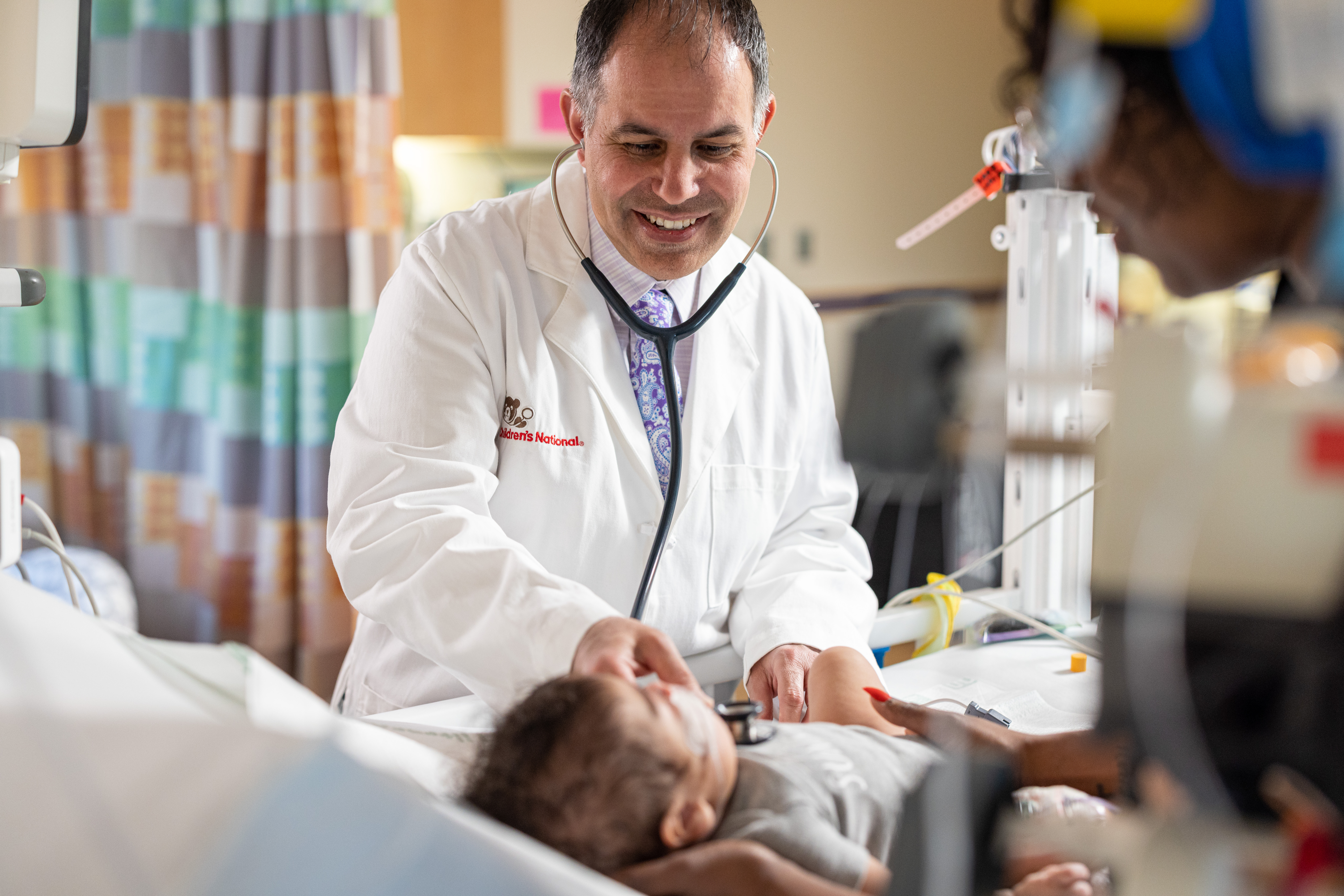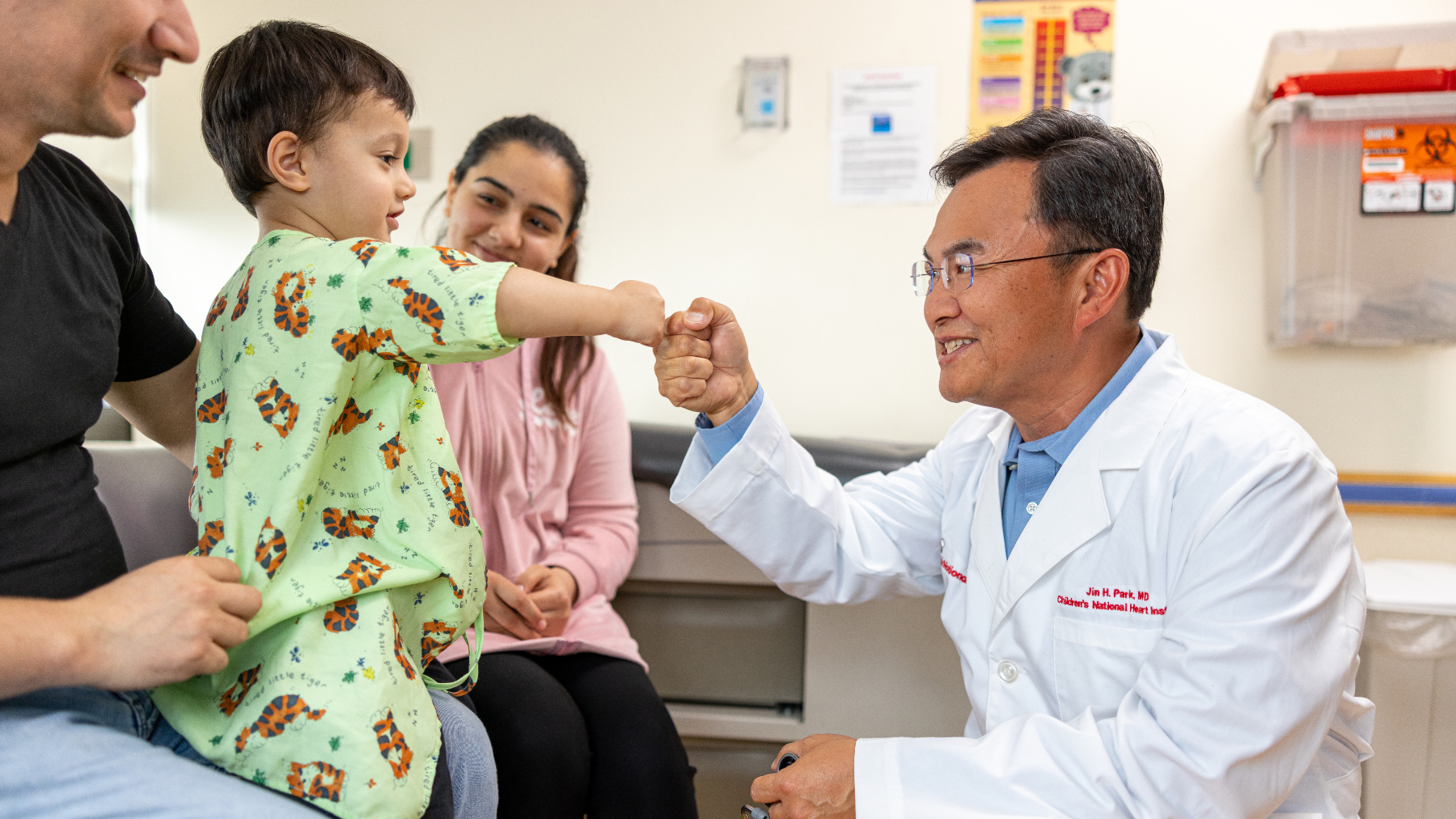Condition
Pediatric Heart Failure
What You Need to Know
Heart failure means your child's heart isn't able to pump as well as it should. The most common cause of heart failure in children is a congenital heart defect.
Key Symptoms
The most common symptoms of heart failure are:
- Swelling of the feet, ankles, lower legs, abdomen, liver and neck veins
- Trouble breathing
- Poor feeding and weight gain (in infants)
- Fatigue
Diagnosis
Doctors typically diagnose heart failure by:
- Blood and urine tests
- Chest X-ray
- Electrocardiography (ECG)
- Cardiac catheterization
Schedule an Appointment
Our pediatric specialists provide personalized care for your child’s physical, mental and emotional health needs. Meet the providers who treat heart failure and schedule an appointment today.
Frequently Asked Questions
What causes heart failure in a child?
What is heart failure in children?
What are the symptoms of heart failure in a child?
How is heart failure diagnosed in a child?
How is heart failure treated in a child?
What are possible complications of heart failure in a child?
How can I help my child live with heart failure?
When should I call my child's healthcare provider?
Departments that Treat Heart Failure
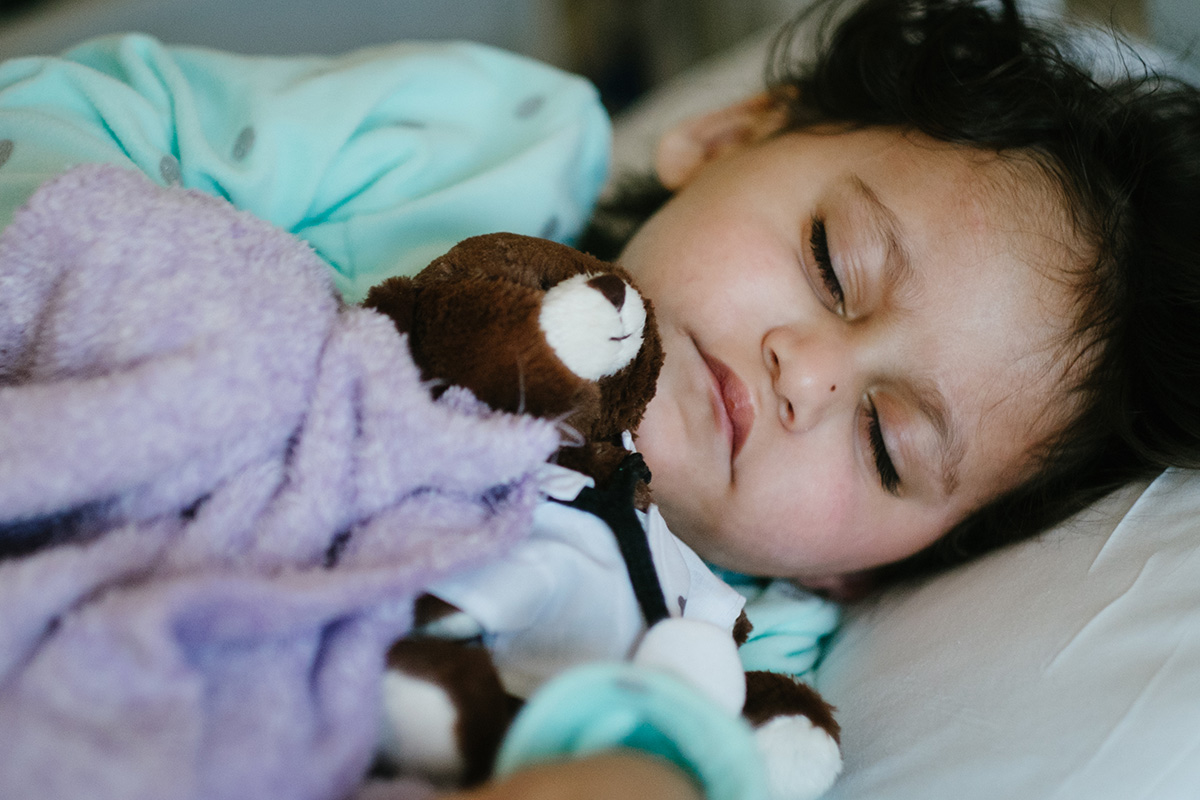
Advanced Cardiac Therapies and Heart Transplant Program
We provide personalized care for babies and children with heart failure, including advanced VAD techniques and heart transplantation.

Help Kids and Make a Difference
Invest in future cures to help children have brighter futures.






